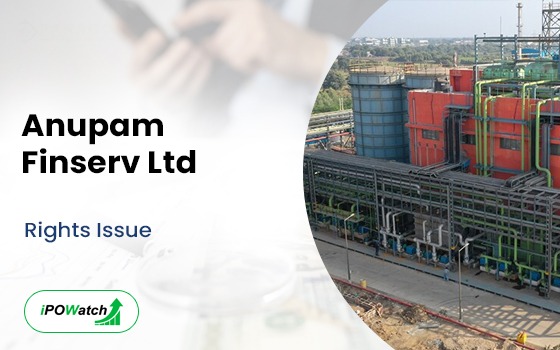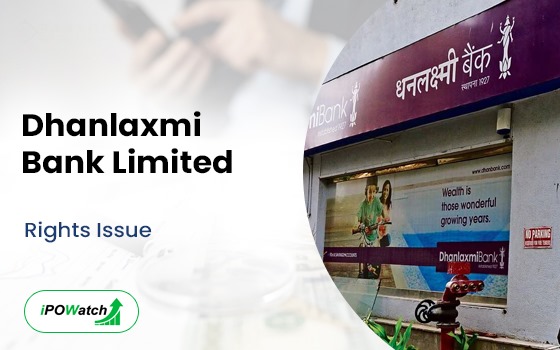“Today I announce with the Prime Minister’s permission that banks which have CRAR of below 12 per cent, well above 8 per cent Basel norm, well above 9 per cent RBI stipulated norm… we will help them recapitalise and bring them (CRAR) above 12 per cent,” Chidambaram said while replying on a discussion on Supplementary Demands for Grants in Rajya Sabha.
However, Chidmabaram did not mention the names of the PSU banks which will benefit from the recapitalisation programme of the government.
Capital to risk (weighted) Asset Ratio (CRAR) is the capital and assets ratio which banks are required to maintain against risks. The ratio reflects the financial strength of a bank and its ability to take risk and remain solvent in times of credit crunch.
Last week, Finance Minister had said that “nevertheless, the government has decided to provide the banks access to finance in order to raise CRAR that are now between 10-12 per cent to reach 12 per cent by a suitable date in future.
“The details of the capitalisation scheme are being worked out.” He pointed out CRARs of Indian banks were well above the Basel norm of 8 per cent and RBI-stipulated norm of 9 per cent.
According to RBI data banks which have low CRAR at the end of March 2008 were UCO Bank (10.09), Andhra Bank (11.61), Central Bank of India (10.42), Bank of Maharashtra (10.26), Dena Bank (11.09), Vijya Bank (11.22) and Indian Overseas Bank (11.96).
Other PSU banks which had CRAR of below 12 per cent include Punjab & Sind Bank (11.57), State Bank of Hyderabad (11.97), State Bank of Indore (11.29), State Bank of Mysore (11.29), Syndicate Bank (11.22), IDBI Bank (11.95) and United Bank (11.88).
According to rating agency Crisil, this move by government will further strengthen the capital adequacy of the Indian banking system. Public sector banks with CARs lower than 12 per cent will be able to improve their capitalization levels.
The additional capital infusion will provide adequate cushion over the regulatory CAR for the time being, it said.
However, for higher hybrid ratings to hold, banks have to maintain their CARs well above the regulatory minimum, which they may find difficult to do given the current operating environment, Crisil added. …
Courtesy: financialexpress.com





